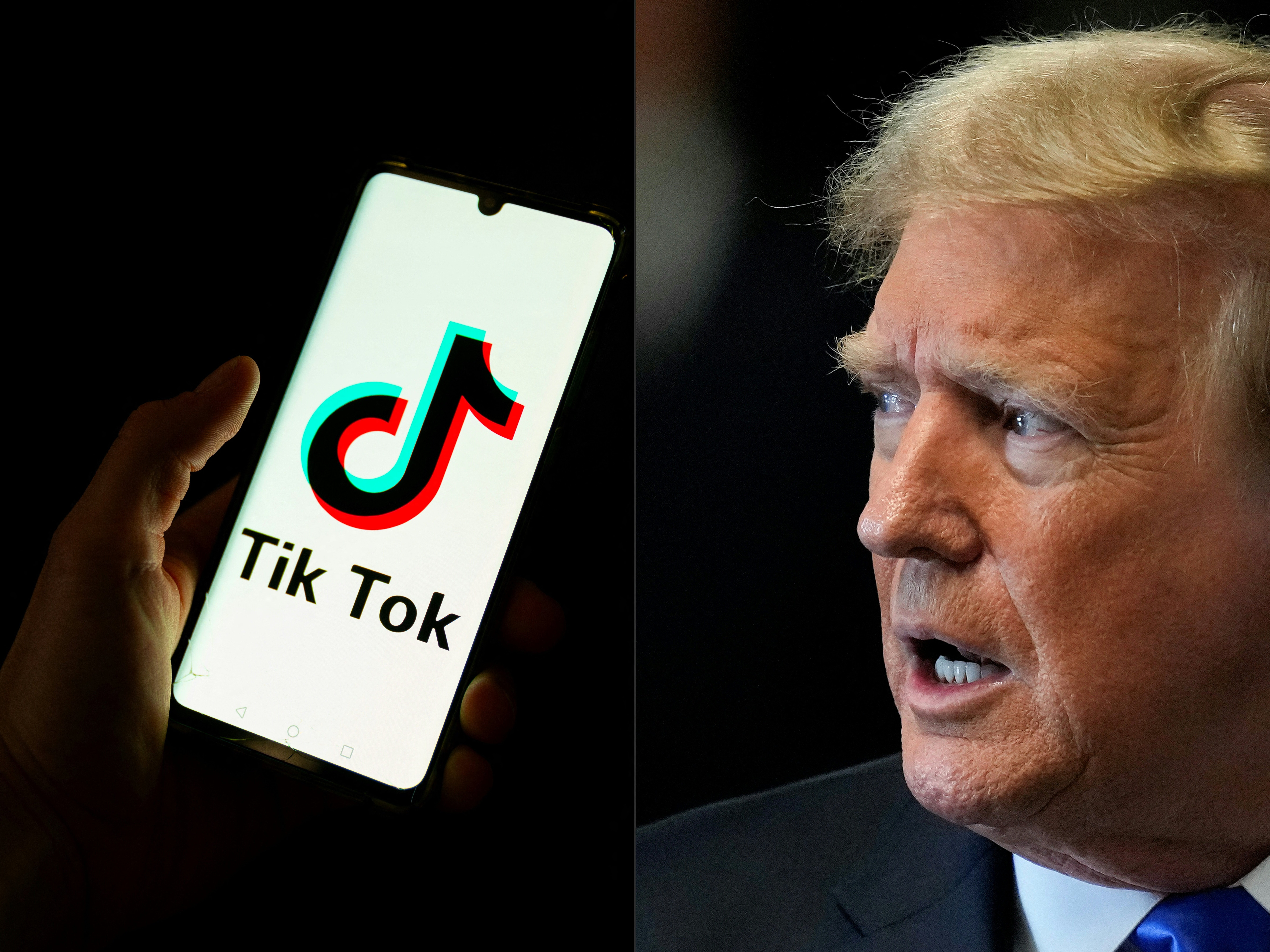Rednote: Why the previously unknown Chinese app has become the most popular in the world
TikTok ban set to take effect January 19 if American buyer not found
Your support helps us to tell the story
From reproductive rights to climate change to Big Tech, The Independent is on the ground when the story is developing. Whether it's investigating the financials of Elon Musk's pro-Trump PAC or producing our latest documentary, 'The A Word', which shines a light on the American women fighting for reproductive rights, we know how important it is to parse out the facts from the messaging.
At such a critical moment in US history, we need reporters on the ground. Your donation allows us to keep sending journalists to speak to both sides of the story.
The Independent is trusted by Americans across the entire political spectrum. And unlike many other quality news outlets, we choose not to lock Americans out of our reporting and analysis with paywalls. We believe quality journalism should be available to everyone, paid for by those who can afford it.
Your support makes all the difference.A Chinese short-form video app called Xiaohongshu is now the top free app in the Apple App Store, as social media users look to get out ahead of a potential US TikTok ban set to take effect on Sunday.
The app, known as RedNote in English, functions like a cross between Instagram, TikTok, and Pinterest, and boasts over 300 million monthly active users, considerably below the user base of TikTok.
Launched in 2013, RedNote is one of the most popular apps in China.
It is valued at over $3 billion and has raised nearly $1 billion in venture funding, according to TechCrunch.
In April, the U.S. Congress passed a bipartisan bill to ban TikTok unless it finds a new owner.
Federal officials have argued the site is “a national-security threat of immense depth and scale” because of alleged links with China and concerns about U.S. users’ data being shared unlawfully with the Communist government.

TikTok and its parent company ByteDance have denied these allegations, and are currently challenging the TikTok ban at the Supreme Court.
On Friday, the justices appeared skeptical of the company’s First Amendment arguments.
“Congress doesn’t care about what’s on TikTok,” Chief Justice John Roberts said during oral arguments. “They don’t care about the expression. That’s shown by the remedy. They’re not saying TikTok has to stop. They’re saying the Chinese have to stop controlling TikTok.”
The “law is only targeted at this foreign corporation, which doesn’t have First Amendment rights,” Justice Elena Kagan added.
Donald Trump has sought to delay the ban, seeking a solution through, as his lawyer put it in a brief, “political means once he takes office.”
Trump tried to ban TikTok in 2020.
Observers have argued the ban would devastate the sprawling creator economy that depends on the platform.
“A TikTok ban would be absolutely catastrophic for the creators and the small businesses who rely on it,” Jess Maddox, an assistant professor at the University of Alabama told CNN. “I’ve spent my career talking to creators and influencers, they are resilient, they’ll pivot, but it will be a struggle in the meantime and take a hit to them financially.”
Ahead of a potential ban, creators have also taken to using another popular app, Lemon8, with similar features, which is owned by ByteDance.

Join our commenting forum
Join thought-provoking conversations, follow other Independent readers and see their replies
Comments